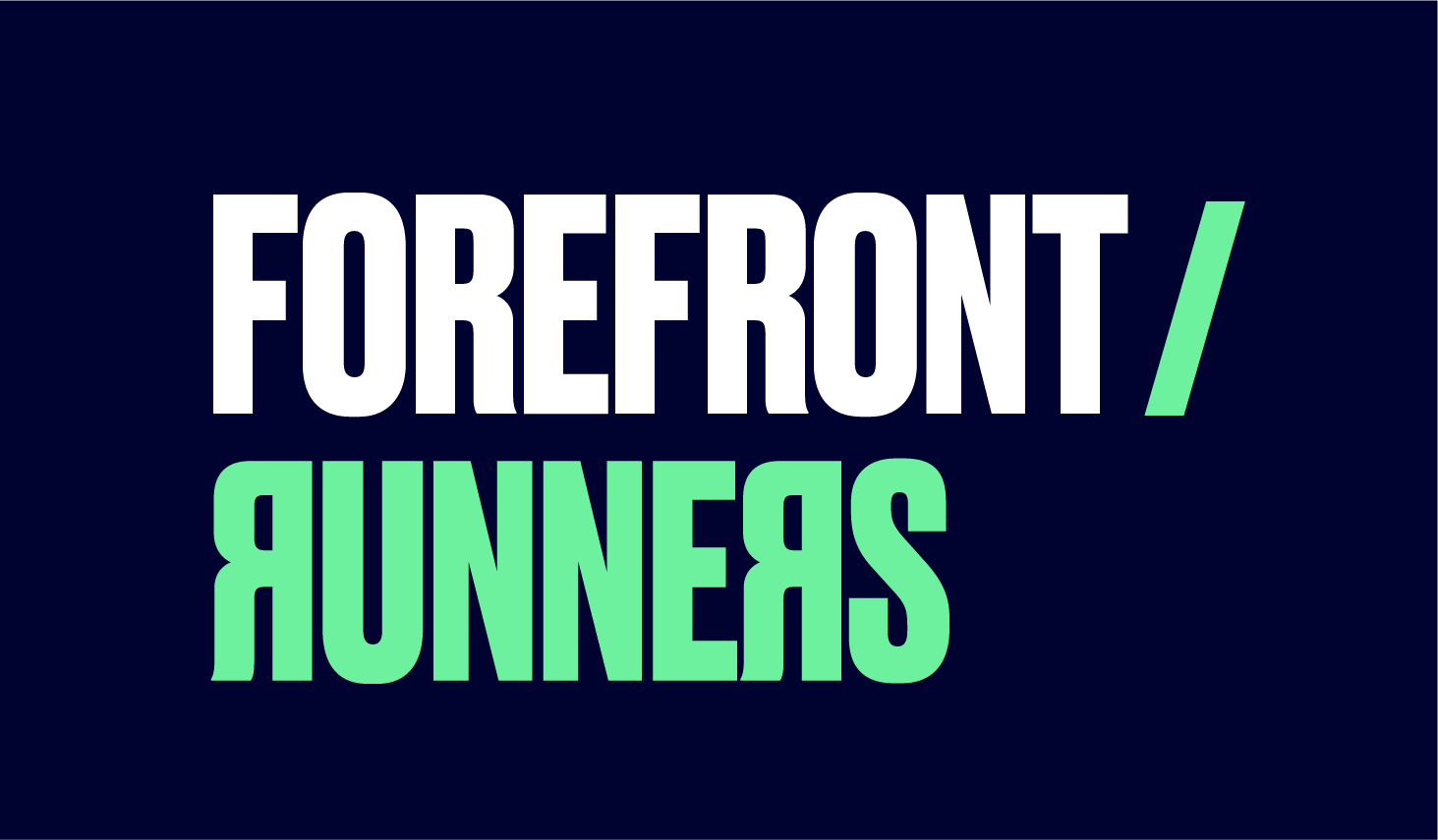6 Strategies for Athletes to Master the Art of Negotiation.

In the high-stakes world of professional sports, an athlete’s ability to negotiate is often as crucial as their athletic prowess. Securing a favorable contract can mean the difference between a lucrative career and financial instability. Negotiation extends beyond mere financial terms; it involves understanding one’s worth, establishing long-term relationships, and positioning oneself for future opportunities. As athletes navigate the complexities of contracts, sponsorships, and endorsements, mastering negotiation strategies becomes essential for not only achieving immediate goals but also ensuring lasting success and security in their careers.
1. Understand Your Worth
The foundation of effective negotiation lies in a clear understanding of one's market value. Athletes must assess their worth based on performance statistics, marketability, and the demand for their skill set. This awareness prevents underestimating or overestimating their value, both of which can lead to missed opportunities.
2. Prioritize Preparation
Preparation is vital before entering any negotiation. Athletes should research comparable contracts, understand the financial conditions of the team or sponsor, and establish clear goals and limits. A well-prepared athlete can create a negotiation strategy that outlines desired outcomes, acceptable compromises, and non-negotiables.
3. Build a Strong Support Team
While athletes are at the forefront, having a solid support team is essential for successful negotiations. Experienced agents, financial advisors, and legal counsel can provide invaluable expertise and objectivity. Choosing representation that aligns with the athlete’s goals and values is crucial for ensuring that their interests are well-represented.
4. Know When to Walk Away
One of the most powerful negotiation tactics is the ability to walk away from an unfavorable deal. Athletes should recognize that not every offer is worth accepting. The power to decline comes from having alternatives and being financially secure enough to wait for the right opportunity, which reinforces their negotiation position.
5. Emphasize Long-Term Goals
Negotiation is not just about immediate gains; it’s about shaping an athlete's future. Athletes should consider how their contracts align with their long-term career objectives, ensuring that they position themselves for ongoing success.
6. Leverage Technology
In today’s digital age, technology plays a vital role in negotiation. Companies like Analytics FC use data analytics to provide valuable insights into player performance and market trends. For example, Arsenal defender Ben White and Manchester City midfielder Kevin De Bruyne benefited from advanced statistical analyses, helping to strengthen their contract negotiations by substantiating their market value with concrete data. This strategic use of technology can empower athletes to present compelling cases during negotiations.
Conclusion: Taking Control of Your Career
Mastering negotiation is essential for athletes aiming to take control of their careers and financial futures. By understanding their worth, preparing effectively, building the right support team, leveraging technology, and recognizing when to walk away, athletes can secure favorable contracts and ensure long-term success both on and off the field. Negotiation is not merely a transactional process; it's a critical strategy for shaping an athlete’s legacy.
